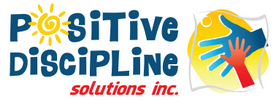Should You Force A Child to Apologize?
Have you ever demanded that a child say they’re sorry immediately after they’ve done or said something aggressive to you or someone else? Most of us have. But did you know that when you do this, that in a sense you’re teaching the child to lie. That’s because in those moments surrounding aggression, the child […]
Should You Force A Child to Apologize? Read More »
